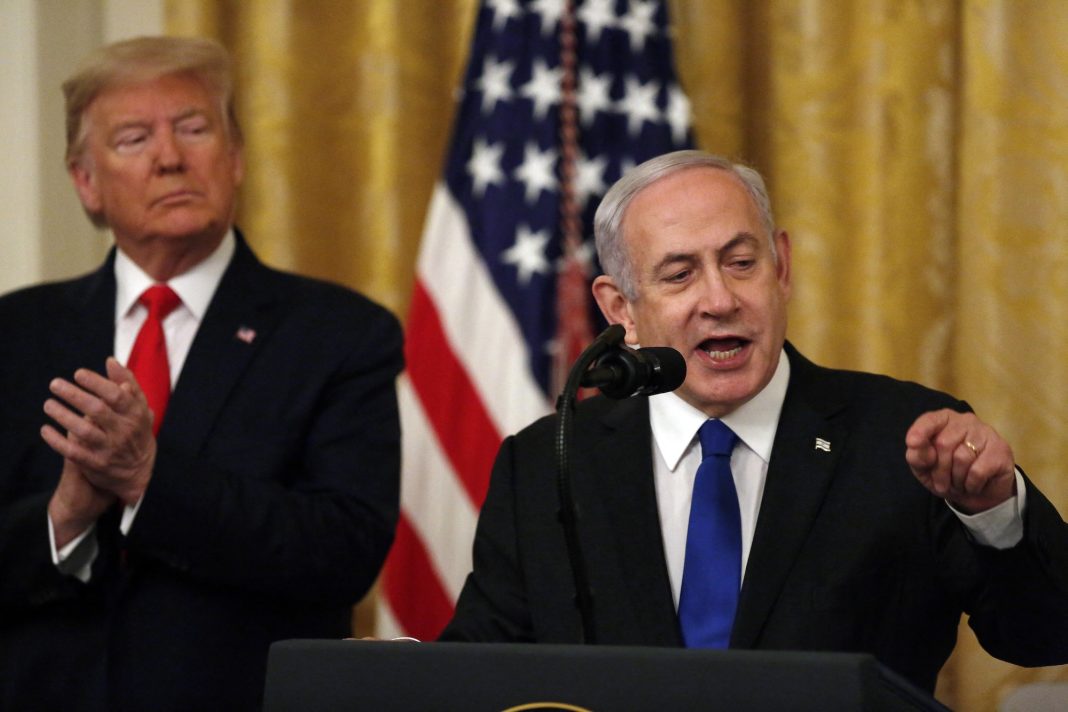The recent missile attacks from Iran against Israeli territory have elicited a cautious and restrained response from Israel, a response some commentators attribute to the influence of the Biden administration. This hesitance is seen as part of a broader trend where U.S. leaders have historically adopted a limited approach to military engagement, an approach that has often resulted in mixed successes or outright failures in foreign policy.
This concept of a “limited war” has roots extending back to the administration of Harry Truman, who, between 1945 and 1953, began a practice of using armed forces to send strategic signals rather than to achieve outright victory. This doctrine allowed adversaries to exploit perceived weaknesses, culminating in conflicts that stretched on without clear resolution. When Dwight Eisenhower assumed the presidency, he pivoted towards a more robust strategy, signaling to North Korea and China that serious consequences would follow if negotiations weren’t pursued. His approach ultimately led to an armistice, stopping the shooting war.
However, this pattern reversed as subsequent Democratic administrations reintroduced the concept of limited conflict. For instance, during the Vietnam War, Lyndon Johnson’s selective bombing campaign, known as Operation Rolling Thunder, failed to compel North Vietnam into negotiations, exposing the limitations of such a strategy. Similar criticisms can be directed at the military strategies of later leaders, including Jimmy Carter, Bill Clinton, and Barack Obama, each of whom demonstrated a reluctance to fully commit to military action against their respective adversaries.
In contemporary contexts, the Biden administration has adopted a restrained stance, particularly in relation to Israel’s military capabilities against Iranian threats. By advocating for limited retaliation, the administration may inadvertently embolden Iranian aggression, signaling to Tehran that aggressive actions can occur with minimal repercussions. This suggests a repetition of historical patterns, where adversaries are allowed to act within constrained limits.
The Iranian regime has adeptly leveraged its proxies, such as Hamas and Hezbollah, escalating the complexity of the conflict while the U.S. and its allies are hamstrung by self-imposed restrictions. From a strategic perspective, to effectively counter these threats, Israel may need to adopt a more aggressive posture—targeting Iran’s production capabilities and military infrastructure to reduce the threat from allied militias.
In this situation, some argue that former President Trump could play a role in reshaping U.S. policy by supporting a more aggressive Israeli strategy against Iran. With evidence of an Iranian plot against him as retaliation for previous military actions, Trump may feel inclined to advocate for unbounded military engagement to reshape the balance of power in the region. This approach would align with the idea of empowering allies and allowing regional players to decisively address threats without the constraints of a limited war doctrine.
Such a significant shift in U.S. foreign policy, moving away from an approach characterized by caution and signaling, could redefine the dynamics of the ongoing conflict in the Middle East. By encouraging Israel to take decisive action against Iranian military capabilities, the U.S. could not only bolster its ally but potentially contribute to a strategic recalibration that affects stability in the region and the wider geopolitical landscape.





